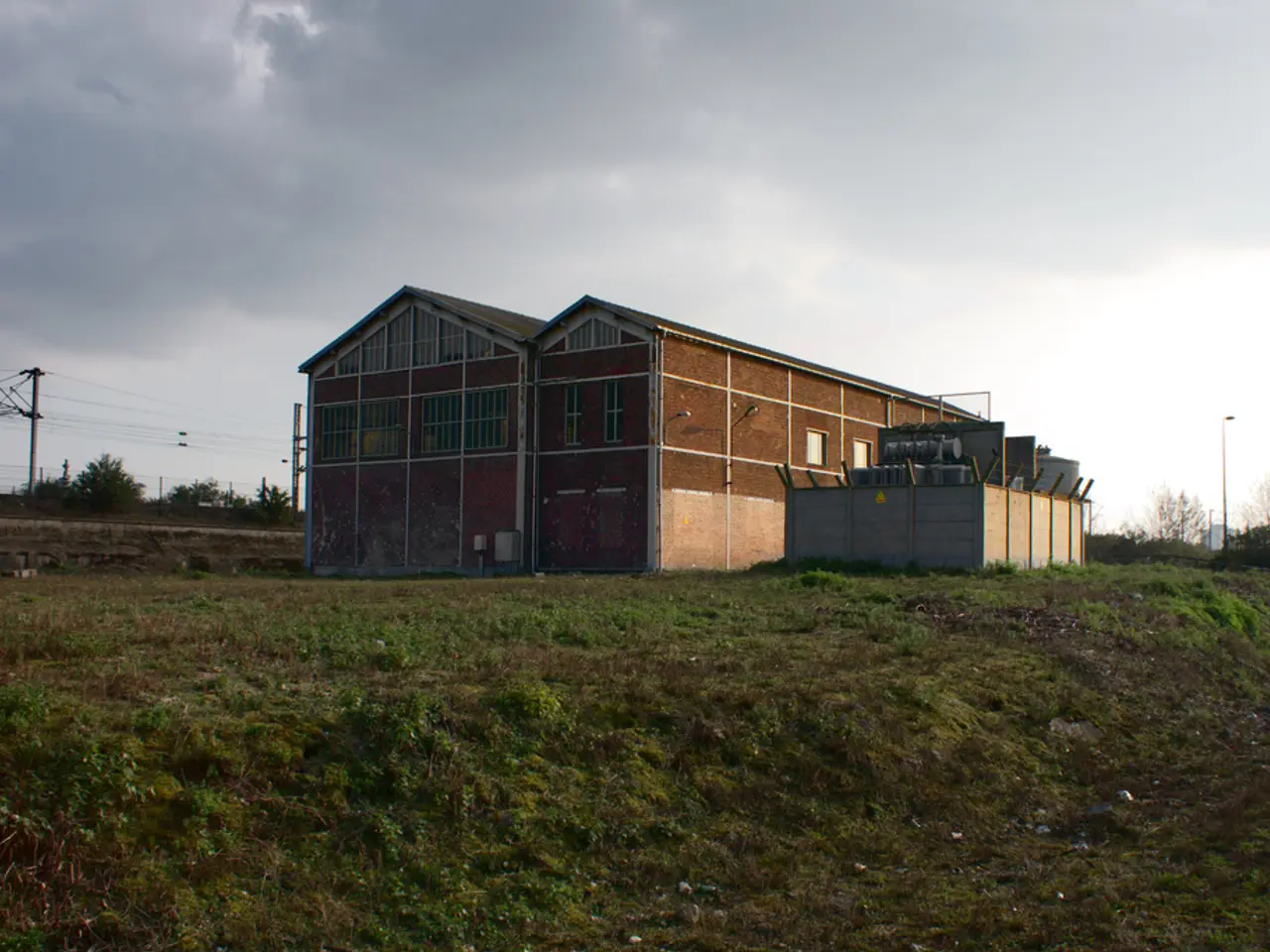Pharmaceutical giant AstraZeneca outperforms estimates due to strong drug sales in the U.S. market
AstraZeneca, the global pharmaceutical giant, has reported a strong second-quarter performance, surpassing revenue and profit expectations. The company's total revenue for the quarter grew by 11% to $14.46 billion, thanks to robust sales of newer cancer, heart, and kidney disease medicines.
The company's oncology drugs, including Tagrisso, Lynparza, Calquence, Truqap, and Imfinzi, saw sales increase by 18% to $6.31 billion. This impressive growth was highlighted by Barclays analysts, who described the quarter as "the type of quarter we want to see."
Despite the positive results, AstraZeneca faces a manageable but notable cost impact from the current 15% U.S. tariff on pharmaceutical imports from the European Union. The tariff, which was implemented as part of a European Union-U.S. trade deal, raises the cost of imported pharmaceutical inputs and medicines, potentially increasing prices for companies like AstraZeneca and, by extension, for U.S. consumers and healthcare providers.
However, AstraZeneca has forecast only a limited impact from potential U.S. tariffs. The company's strong financial position, coupled with its strategic investments, such as the $50 billion it has already invested in the U.S., are expected to help mitigate the effects of the tariffs.
In addition to the tariff challenge, AstraZeneca is currently fighting a patent challenge from an individual against Tagrisso. The company also faced minor fines related to cancer drugs in China this year. However, no significant impact from these issues was reported on AstraZeneca's 2025 outlook.
Looking ahead, the future expectations are for tariffs to remain at or near the current 15% rate. This level is considered a compromise that balances protectionist aims with industry sustainability. Continued political debate and potential escalation cannot be ruled out, but both market and political pressures suggest that significant increases beyond 15% might be unlikely in the near term.
In summary, AstraZeneca's strong second-quarter performance, coupled with its strategic investments and forecasted limited impact from U.S. tariffs, positions the company well for future growth. The company maintains its 2025 outlook and has increased its interim dividend by 3%. AstraZeneca shares rose as much as 3% after the announcement, reflecting investor confidence in the company's future prospects.
Technology advancements in the pharmaceutical sector, as exemplified by AstraZeneca's investments, could revolutionize general-news headlines, influencing lifestyle choices. The ongoing patent dispute over Tagrisso, one of AstraZeneca's oncology drugs, also forms part of the evolving technology and legal landscape in the general-news sphere.




